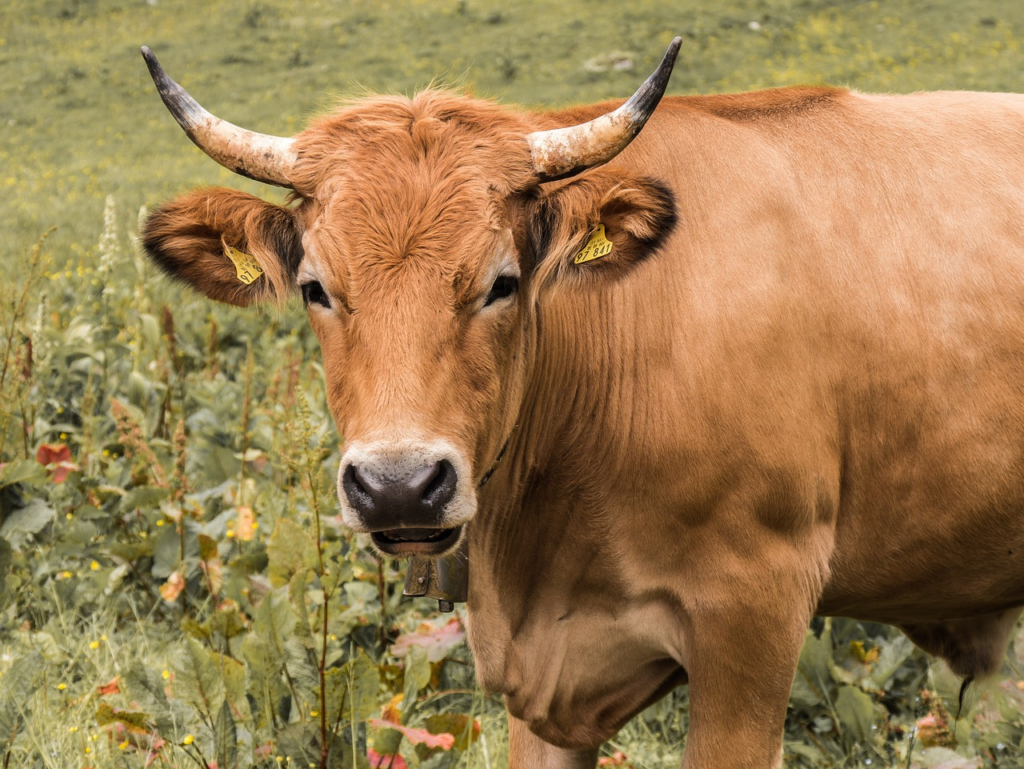When it comes to preparing ground beef, a common question that arises is whether or not you should rinse it before cooking. This seemingly simple task has sparked debate among home cooks, chefs, and food safety experts alike. To help you decide what’s best for your kitchen, let’s explore whether or not this meat should be rinsed, and what the experts recommend.
The Case for Rinsing Ground Beef

Some home cooks advocate for rinsing ground beef before cooking, believing it helps remove excess fat and any contaminants that may have been introduced during processing. For those watching their calorie intake or who prefer less greasy meals, this practice might seem like a good idea.
“Many people rinse ground beef to reduce fat content or to remove any excess blood and liquid that might be present,” notes one culinary source.1 In certain cultures, washing meat before cooking is a standard practice. This approach is believed to improve cleanliness and ensure that any germs or residue from handling are eliminated before the beef is cooked.2
Read More: Is Gray Ground Beef Safe to Eat?
The Case Against Rinsing Ground Beef

The majority of experts strongly advise against rinsing ground beef. The U.S. Department of Agriculture (USDA) and food safety experts argue that rinsing raw meat can actually do more harm than good. When you rinse the meat, water can splash bacteria such as E. coli or Salmonella around your kitchen, contaminating other surfaces, utensils, and foods.
“Washing ground beef before cooking it is not worth doing,” says Melanie Marcus, a chef and registered dietitian. “When water comes into contact with raw meat during washing, it can cause splashing, which spreads bacteria like E. coli and Salmonella to other surfaces and utensils in the kitchen”.3 Instead of rinsing, it’s recommended to handle the beef carefully and cook it to a safe internal temperature of 160°F. This temperature is sufficient to kill any harmful bacteria present in the meat.
The Impact on Flavor and Texture

Beyond food safety concerns, rinsing ground beef can also negatively impact the flavor and texture of your dish. When you rinse the meat, you risk washing away not only fat but also the juices that contribute to the beef’s flavor. This can result in a drier, blander final product.
“We’ve seen the trend of washing ground beef after it’s been cooked, but if you’re worried about the grease, my suggestion is to simply drain your ground beef. Anything that remains is going to be the great flavor that you don’t want to miss out on,” advises Diana Clark, a meat scientist with Certified Angus Beef.4
Read More: Are Meats on “Clearance” Safe To Eat?
The Mess and Plumbing Issues

Another practical consideration is the mess created by rinsing ground beef. Water mixed with fat can splatter across your kitchen, creating a potential slip hazard and a difficult clean-up. Additionally, pouring fat-laden water down the drain can lead to plumbing issues, as the fat can harden and cause blockages. To avoid these problems, it’s better to let the fat cool and solidify before disposing of it in the trash.
Expert Recommendations

So, what’s the bottom line? Most experts agree that rinsing ground beef is unnecessary and can even pose health risks. The USDA and the Centers for Disease Control and Prevention (CDC) explicitly advise against washing raw meat and poultry, including beef. Instead, focus on cooking the meat thoroughly and handling it safely to minimize the risk of foodborne illness.
Conclusion

While some home cooks may choose to rinse ground beef out of habit or personal preference, the risks generally outweigh the benefits. Not only can rinsing spread bacteria and diminish flavor, but it can also create a mess and potentially lead to plumbing issues. The safest and most effective way to prepare ground beef is to cook it to the recommended internal temperature of 160°F, ensuring that any harmful bacteria are destroyed. Next time you’re in the kitchen, consider skipping the rinse and opting for safer, cleaner cooking practices.
Sources
- “Do You Need to Rinse Ground Beef?.” Viral Strange. Telha. August 2024.
- “How to Wash Ground Beef.” Wikihow. July 27, 2024.
- ” Should you wash ground beef? Expert weighs in on the viral cooking method.” Fox10 Phoenix. Genevieve Shaw Brown. March 28, 2023.
- “Should You Rinse Ground Beef? Experts Weigh In.” Southern Living. Susan B. Barnes. February 9, 2024.

